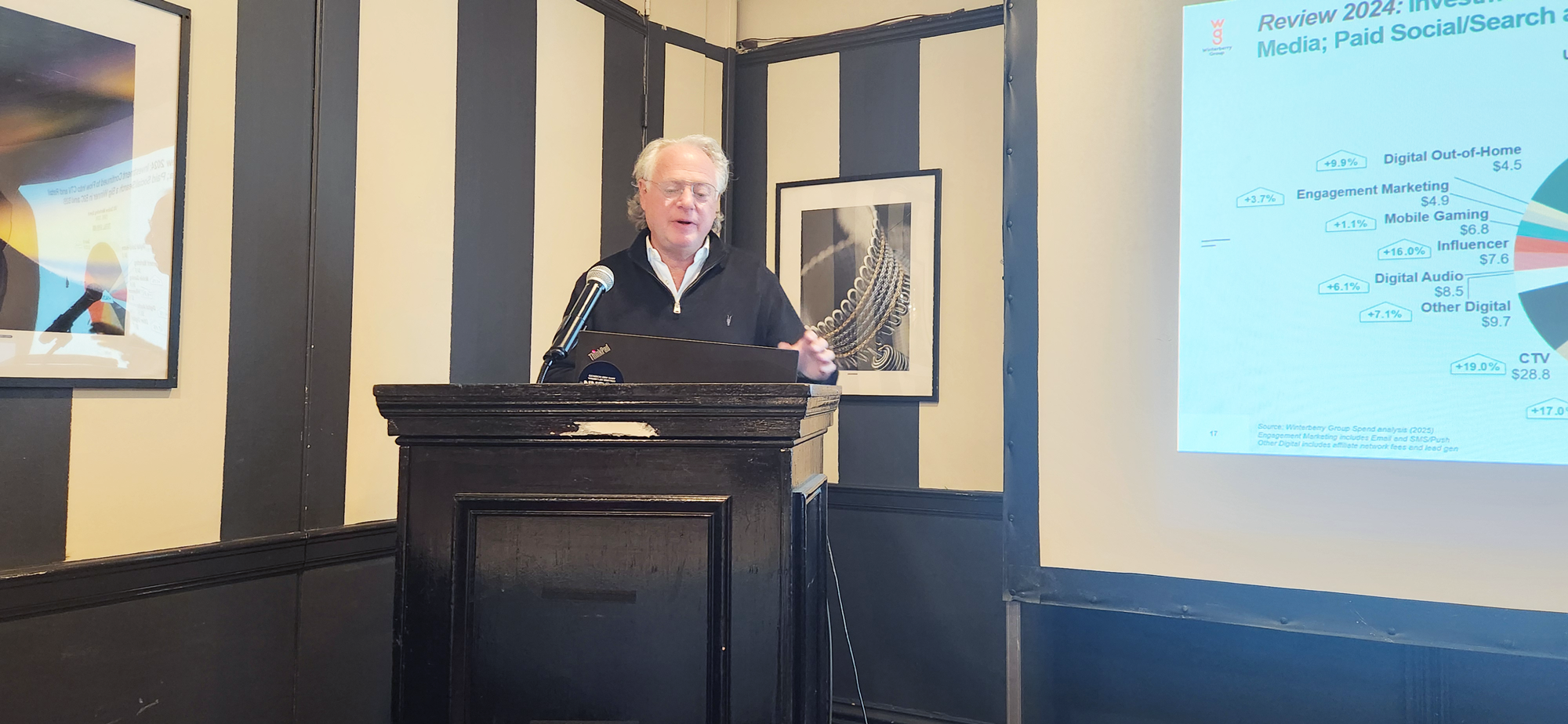
Provocateur:
Hyping blockchain technology and its potentially disruptive impact on ad tech has become all too prevalent.
I hate being the party pooper, but blockchain’s value will be limited and, ultimately, will not solve the efficiency challenge in programmatic advertising that some of its proponents have been claiming it will.
In my opinion, there is a high level of misunderstanding of what blockchain is all about. From a technical perspective, blockchain is essentially a protocol that allows multiple independent parties, or “agents” in computer science language, to agree on “truth” or consensus. In classic blockchain, only those agents proven to have solved a hard programming riddle can add new pieces of information to the consensus. Other agents choose to go along with the new consensus once they verify that the riddle was solved correctly. The riddle step ensures that agents won’t try to spam the system concurrently with contradicting facts and there will be enough time for other agents to agree on new pieces of information. It also makes it harder for fraudulent agents to hack the system.
In the Bitcoin world, those blockchain agents are called bitcoin miners. They endlessly solve cryptographic riddles and thus facilitate bitcoin transactions. In the marketing world, specifically in terms of ad tech, blockchain isn’t designed to facilitate ad tech transactions with the same efficiency.
Due to the way blockchain is designed, it’s not scalable and not particularly
cost effective. Its decentralized nature will not solve the challenges in programmatic buying.
It’s challenging to create decentralized distributed systems that are scalable, fast, and robust. Back in 1985, an academic paper entitled “Impossibility of Distributed Consensus with One Faulty Process” asserted that there is no reasonably viable way to do it. Consider the financial sector. In financial services and credit cards, Visa, for example, processes on average ~3,000 transactions per second, though
in peak it could probably service more than 10,000 tps. In the ad tech world, a leading DSP for media buying can place up to 10,000 bids per second and meet
its volume objectives.
In contrast, Bitcoin only processes 7 transactions per second. This emphatically reveals the scale challenge that blockchains face. There are some ideas in the blockchain community on how to improve scalability with new algorithms, but it’s highly unlikely they will be able to reach the required scale that digital programmatic advertisers would require.
Plus, blockchain’s decentralized nature makes it vulnerable to human error, fraud, and hacker attacks. Since there is no single authority that manages it, there’s no easy way to fix the damage once it’s done. Blockchain in a programmatic ad context would be even more problematic in terms of scalable data volume. Having blockchain to verify each bid request is like having the IRS audit every single American every single year. It is not feasible.
Blockchain is also not energy efficient. In the credit card industry, the cost of a credit card transaction is believed to be less than
4 cents. A typical ad tech transaction is in a similar range. As a benchmark, a single Bitcoin transaction is estimated to waste a staggering 100 to 346 KWh and the cost goes up: 100Kwh in New York prices is $20.
There are ideas how to increase the efficiency of blockchain consensus algorithms. Replacing riddle solving with more efficient selection criteria (e.g., Proof-of-Stake)
is one of them, but it’s not clear if those ideas will preserve the “good” qualities
of blockchain, such as the decentralized and transparent nature of its
consensus keepers.
Perhaps one could argue for a future scenario where blockchain applications evolve to overcome the scale and speed deficits. Based on the current state of blockchain design, that time doesn’t seem to be anywhere on the near horizon. Even if the technology behind blockchain evolves, ethical and philosophical questions remain as to whether fully decentralized and automated agents autonomously managing important business and personal processes is even a good idea. (It’s worth mentioning that the IAB is addressing these issues currently by establishing a new working group within the IAB Tech Lab.)
Blockchain is no magic bullet for the current woes of programmatic advertising. The mainstream architectures that powers it (such as Bitcoin and Etherium) are non-scalable and not cost effective. That’s why I believe that the blockchain bubble will soon burst. And it’s why I recommend that marketers and ad pros think twice before rushing in to adopt it.

About the Author
Roman Gershman is chief architect at Ubimo. He is a software engineer with the ability to build the fastest backends in the world with just modest amounts of yogurt, muesli, and C++ code. When he’s not at the office, Roman surfs, climbs mountains, jumps from planes, and helps old ladies cross the street. Or maybe he just dreams about all these things while lying on his sofa at home. He has a peculiar taste in food and will do just about anything for pickled watermelons or calves-foot dishes. Prior to Ubimo, Roman worked at Google for six years as part of the Google Suggest and Gmail teams.








